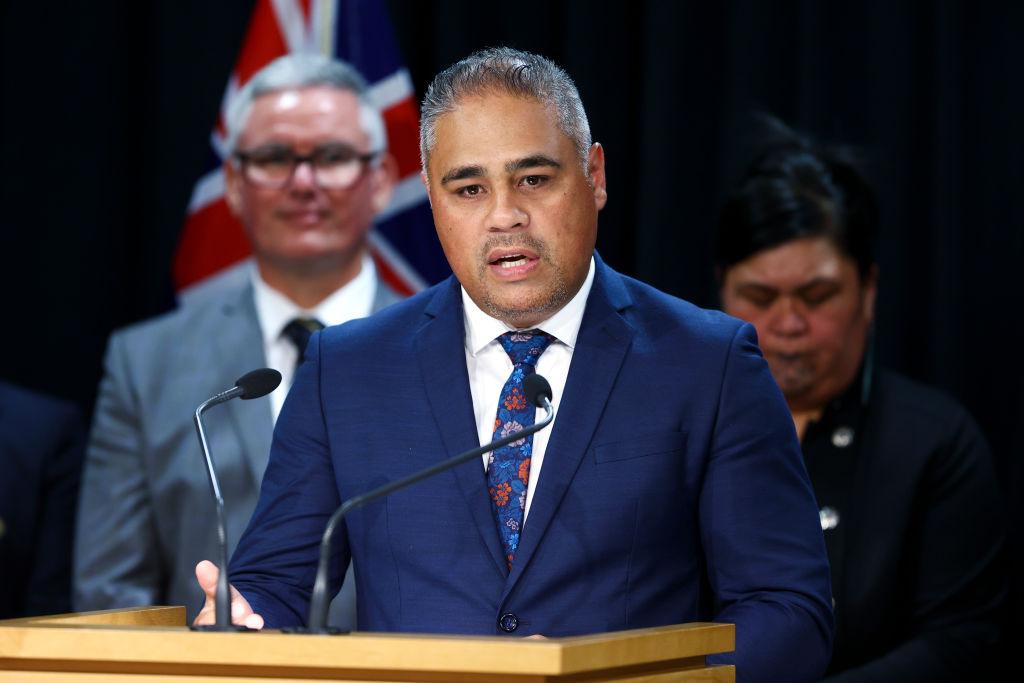New Zealand has begun drafting its own maritime security plans with the Solomon Islands, the defence minister revealed.
It comes after Beijing’s own security pact with the nation sparked tensions of a Pacific grab, with fears that a Chinese military base could be established on New Zealand and Australia’s doorstep.





